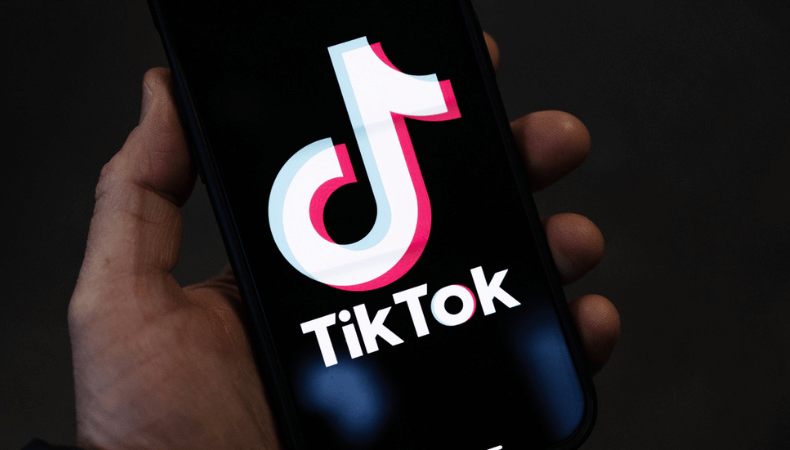Countries Without TikTok are Missing Out on Millions: Why TikTok Marketing is the Most Powerful

TikTok, the short-video app that has taken the world by storm, is not only a source of entertainment and creativity, but also a powerful tool for marketing and commerce. The app, which has more than 1 billion users, offers a unique and effective way for brands and businesses to reach and engage with their target audiences, and to drive sales and revenue. However, not all countries have access to TikTok, due to various reasons, such as political, legal, or technical barriers.
These countries are missing out on millions of potential customers and opportunities, and are falling behind in the global digital economy.
What makes TikTok marketing so powerful?
TikTok marketing is powerful for several reasons, such as:
- TikTok’s algorithm is designed to show users the content that they are most likely to enjoy and interact with, based on their preferences and behavior. Unlike other platforms, TikTok does not rely on the number of followers or likes to determine the popularity of a video, but rather on the quality and relevance of the content. This means that any video, regardless of the creator’s popularity, has an equal chance to go viral and reach millions of users.
- TikTok’s format is based on short, vertical, and full-screen videos, which are ideal for capturing the attention and interest of users, especially the younger generation. The videos are also easy and fun to create, edit, and share, using the app’s various features, such as filters, effects, stickers, music, and hashtags. The videos can showcase the products or services of a brand or business in a creative and authentic way, and can also encourage user-generated content and word-of-mouth marketing.
- TikTok’s community is diverse and active, and consists of users who are not only consumers, but also creators and influencers. The community is also highly engaged and interactive, and participates in various challenges, trends, and campaigns, both organic and sponsored. The community can provide valuable feedback and insights for brands and businesses, and can also act as loyal advocates and ambassadors.
Keep Reading
Which countries are missing out on TikTok marketing?
TikTok is available in more than 150 countries and regions, and supports more than 75 languages. However, there are some countries that have banned or restricted the app, or have not launched it yet, due to various reasons, such as:
- India was one of the largest and fastest-growing markets for TikTok, with more than 200 million users and 30 million daily active users. However, in June 2020, the Indian government banned TikTok, along with 58 other Chinese apps, citing national security and privacy concerns. The ban has resulted in a huge loss of revenue and market share for TikTok, and has also affected the livelihoods and careers of millions of Indian TikTok creators and influencers.
- Pakistan was another important market for TikTok, with more than 20 million users and 14 million daily active users. However, in October 2020, the Pakistan Telecommunication Authority (PTA) blocked TikTok, citing complaints about “immoral and indecent” content. The ban was lifted in November 2020, after TikTok agreed to moderate the content according to the local laws and norms. However, in March 2021, the PTA banned TikTok again, after a court order that accused the app of spreading “vulgarity”. The ban was lifted again in April 2021, after TikTok assured the PTA of its compliance with the court’s directives.
- China is the home country of TikTok’s parent company, ByteDance, and the origin of the app’s predecessor, Douyin. However, TikTok is not available in China, as the Chinese government has strict regulations and censorship on the internet and social media. Instead, ByteDance operates a separate app, Douyin, which is similar to TikTok, but tailored to the Chinese market and audience. Douyin has more than 600 million daily active users and more than 22 million creators, and is one of the most popular and profitable apps in China.



